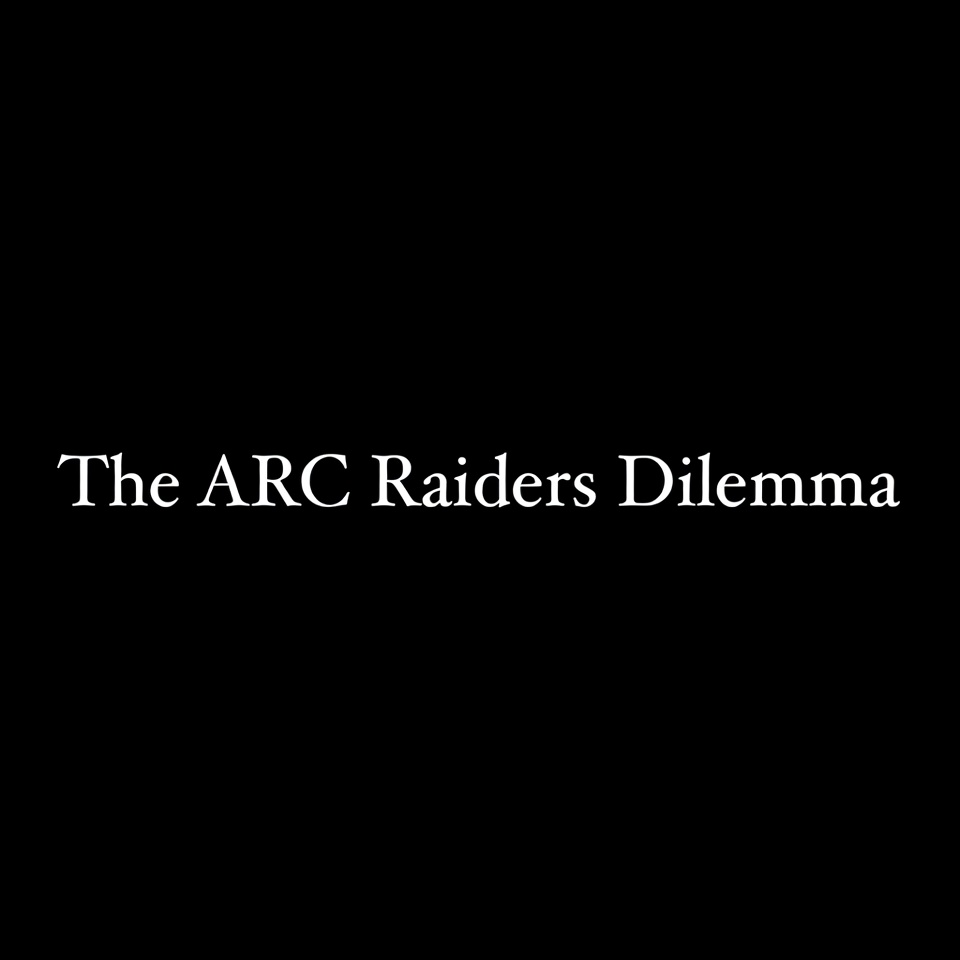Navigating the complexities of child custody can be one of the most challenging aspects of a divorce or separation for parents in Utah. The emotional stakes are high, as the well-being of children is often at the forefront of these disputes. Understanding the legal framework and procedural requirements for filing for child custody is essential for parents seeking to establish a stable and nurturing environment for their children. This step-by-step guide aims to demystify the child custody process in Utah, providing parents with the information they need to make informed decisions and effectively advocate for their interests. From understanding the types of custody arrangements available—such as legal custody and physical custody—to the necessary documentation and court procedures, this article will equip parents with the knowledge to approach custody matters with confidence. Additionally, we will explore important factors that Utah courts consider when determining custody arrangements, including the best interests of the child and parental fitness. By following this guide, parents can better navigate the emotional and legal complexities of child custody, ensuring that they are well-prepared to advocate for their children’s needs throughout the process.
– Understanding Child Custody Laws in Utah
In the context of filing for child custody in Utah, it is essential for parents to grasp the state’s legal framework governing custody arrangements. Utah law prioritizes the best interests of the child, which encompasses various factors, such as the child’s safety, emotional stability, and the ability of each parent to provide for their needs. The court recognizes two main types of custody: legal custody, which pertains to decision-making authority regarding the child’s upbringing, and physical custody, which determines where the child will reside. Understanding these distinctions is crucial for parents as they navigate the custody process.
Additionally, Utah court proceedings encourage collaboration between parents through mediation, aiming to reach a mutually beneficial custody agreement without extensive litigation. This approach not only fosters a cooperative parenting relationship but also serves the child’s best interests by promoting stability. Parents filing for child custody in Utah should be prepared to demonstrate their commitment to a supportive and nurturing environment, as well as their willingness to facilitate the child’s relationship with the other parent. Familiarity with these principles can aid in creating a strong case and ultimately achieving a favorable custody arrangement.
– Necessary Documents for Custody Filing
When undertaking the process of filing for child custody in Utah, it is crucial to gather and submit the appropriate documentation to ensure compliance with court requirements. Key documents typically include a petition for custody, which outlines the parent’s request and the reasons behind it, as well as any existing parenting plans if applicable. Additionally, parents may need to provide financial affidavits to disclose income and expenses, which can influence decisions regarding child support and custody arrangements.
Other necessary documents may encompass proof of residency, birth certificates of the children involved, and records that pertain to the child’s education and healthcare. If there have been any previous custody arrangements or court orders, these should also be included in the filing. Ensuring that all relevant documentation is accurate and complete is vital, as this facilitates a smoother process in the court’s determination of custody matters, ultimately serving the best interests of the child.
– Preparing for Your Custody Hearing
Preparing adequately for your custody hearing can significantly influence the outcome of your case when filing for child custody in Utah. It is essential to review the details of your case, understand the key issues at stake, and be ready to present your position clearly and convincingly. This preparation may involve organizing evidence that supports your claim for custody, such as documentation of your child’s needs, your involvement in their life, and any relevant communications with the other parent. Consider rehearsing your statements and responses to potential questions you may face in court to enhance your confidence and clarity.
In addition, it is advisable to familiarize yourself with the courtroom setting and procedures, as well as to understand the specific factors that the court will consider when determining custody arrangements. Factors such as the child’s best interests, the ability of each parent to provide a stable environment, and any history of domestic issues play a crucial role in custody decisions. If applicable, consulting with a legal professional can provide valuable insights and ensure that you are fully prepared to advocate effectively for your child’s welfare during the hearing.
In conclusion, navigating the process of filing for child custody in Utah can be complex, but understanding the steps involved can help alleviate some of the stress associated with it. By thoroughly preparing your documentation, adhering to local laws, and prioritizing the best interests of your child, you can effectively advocate for a custody arrangement that meets your family’s needs. It is advisable to consider seeking legal counsel to ensure you are fully informed of your rights and obligations throughout the process. By approaching this challenging time with clarity and a commitment to constructive dialogue, parents can foster an environment that supports the well-being of their children while working toward a positive resolution.



